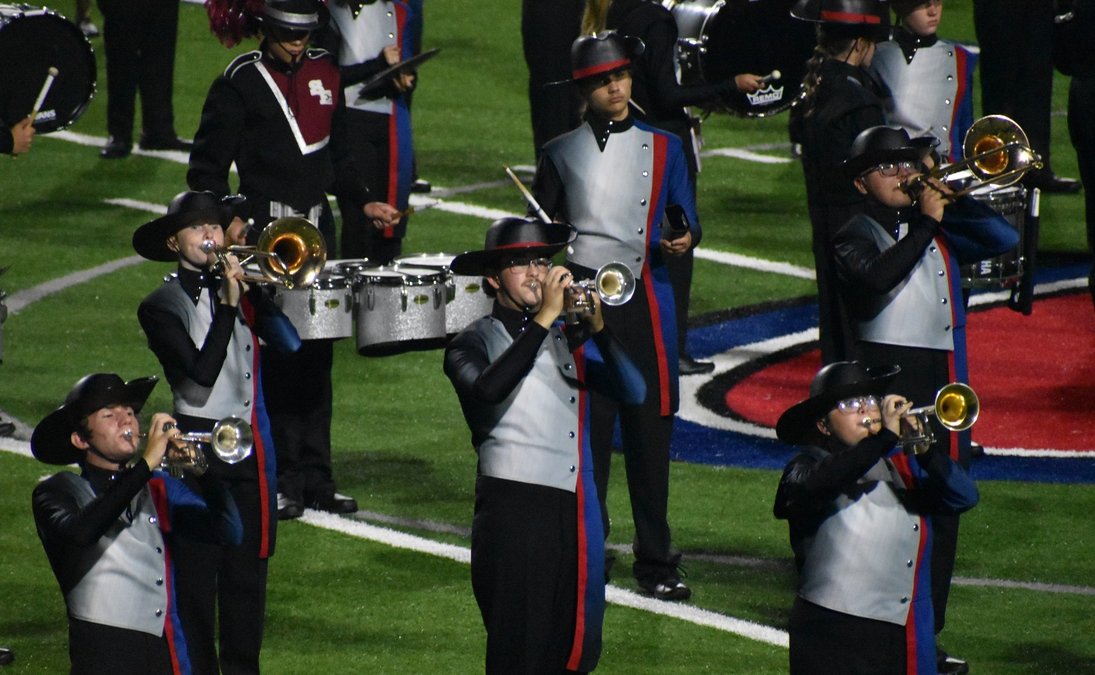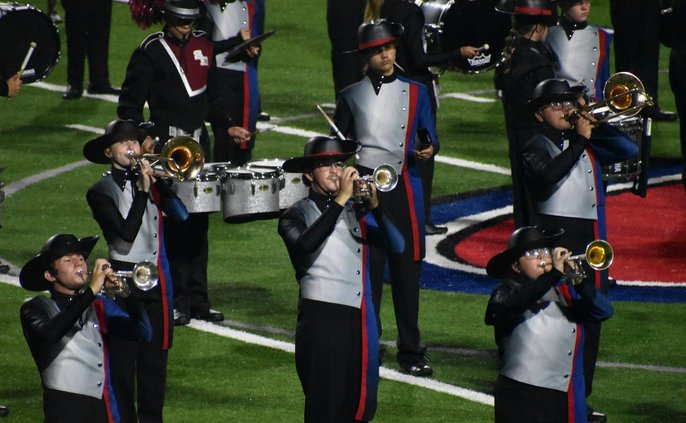The 3rd Infantry Division and the Georgia Army National Guard’s 48th Infantry Brigade Combat Team are teaming up.
The two units will train together in a pilot program to increase readiness and provide more combat ready formations to the combatant commander. The 48th IBCT is the first National Guard unit to participate.
The program will impact 27 Guard, Reserve, and active units across the nation. Associating National Guard and Reserve units with active component units generates more training opportunities and increases soldier readiness.
“Readiness continues to be our priority, because the demand for trained Army formations is not going away,” said the 3rd ID commander, Maj. Gen. Jim Rainey. “There is nothing more important. Training with the 48th IBCT benefits both formations, and expands our capacity to fight a hybrid enemy operating in an increasingly complex environment.”
The 48th Brigade's A Battery of the 1/118th Field Artillery Battalion is based in Springfield.
Given the proximity of Fort Stewart, the association of the Marne Division with the 48th IBCT is seen as a win-win for the state of Georgia, the Army, and the nation.
“This association is an opportunity to provide our current soldiers and those who are interested in joining our ranks better opportunities for personal and professional growth,” said Brig. Gen. Tom Carden, commanding general, Georgia Army National Guard. “The associated unit (concept) gives soldiers the chance to conduct additional training and hone their occupational skill set in order to sustain higher readiness and reduce post-mobilization training requirements when activated.”
The 3rd Infantry Division is ideally suited to be part of this pilot program since Fort Stewart is very familiar to the 48th IBCT. The association will leverage the installation’s extensive training areas, ranges and virtual training systems to facilitate joint and multi-component training.








